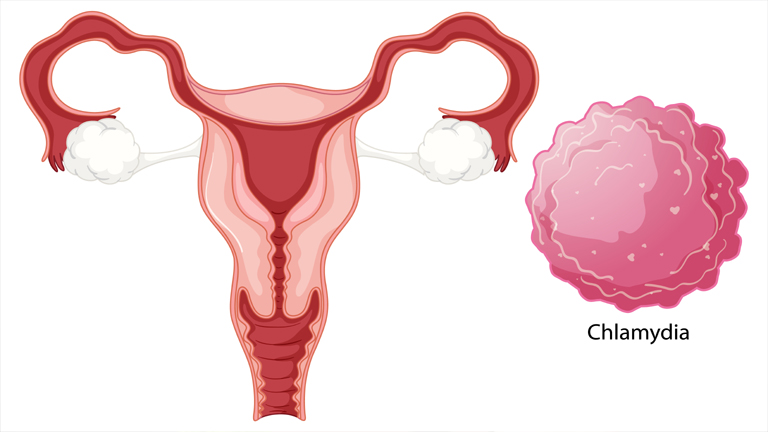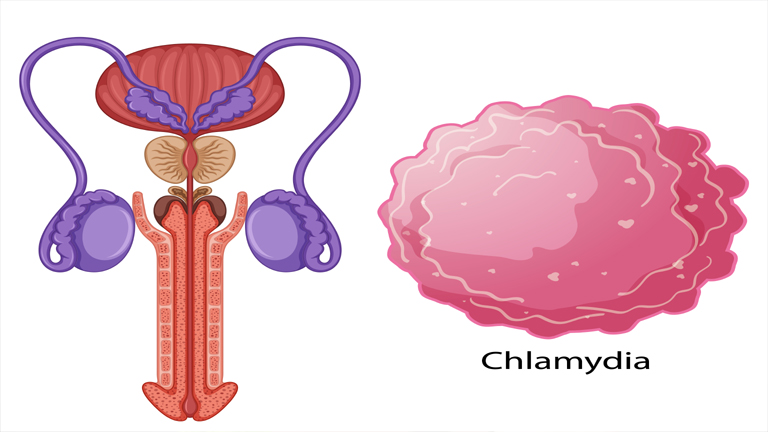Chlamydia is one of the most common sexually transmitted infections (STIs) globally, particularly among young adults. This STD often goes unnoticed due to its subtle or absent symptoms, making it a silent threat to reproductive health. Understanding chlamydia, its early signs, how it spreads, and available chlamydia treatment options is crucial to protecting yourself and your partners.
Must Check: Trichomoniasis
What Causes Chlamydia and How Is It Spread?
Chlamydia is caused by the bacterium Chlamydia trachomatis. It is primarily transmitted through vaginal, anal, or oral sex with someone who is already infected. Even if the infected person does not ejaculate, the bacteria can still be passed from one person to another.
In addition to sexual contact, chlamydia can be transmitted from a pregnant woman to her baby during childbirth, potentially leading to serious complications like eye infections or pneumonia in the newborn.
People who engage in unprotected sex, have multiple sexual partners, or do not get tested regularly are at higher risk of contracting chlamydia. The infection is not spread through casual contact, such as hugging, kissing, sharing food, or using the same toilet.
Common Symptoms of Chlamydia in Men and Women
One of the reasons chlamydia is so widespread is because it often has no noticeable STD symptoms. According to health experts, up to 70% of women and 50% of men with chlamydia may not experience any symptoms at all. When symptoms do appear, they can be mild and easily mistaken for other conditions.
In Women:
-
Abnormal vaginal discharge
-
Burning sensation while urinating
-
Pain during intercourse
-
Lower abdominal or pelvic pain
-
Bleeding between periods or after sex
-
Rectal pain, discharge, or bleeding (in case of anal infection)
In Men:
-
Discharge from the penis
-
Burning sensation when urinating
-
Pain and swelling in one or both testicles (less common)
-
Rectal pain, discharge, or bleeding (if infected through anal sex)
Ignoring these symptoms can lead to severe health consequences. In women, untreated chlamydia can cause pelvic inflammatory disease (PID), infertility, and chronic pelvic pain. In men, it may lead to epididymitis and, in rare cases, infertility.
How to Get Tested and Treated for Chlamydia
Testing for Chlamydia:
Getting tested is the only way to know for sure if you have chlamydia. If you’re sexually active—especially under the age of 25 or have multiple partners—regular testing is essential.
Testing is simple, quick, and painless. It typically involves:
-
A urine sample (most common method)
-
A swab from the cervix (for women) or urethra (for men)
-
A rectal or throat swab (if you had anal or oral sex)
Most healthcare providers, clinics, and even at-home test kits offer chlamydia testing. Early detection can prevent complications and reduce the risk of spreading the infection to others.
Chlamydia Treatment:
Fortunately, that is curable with the right antibiotics. The most common treatments include:
-
Azithromycin (a single-dose antibiotic)
-
Doxycycline (taken over 7 days)
During treatment, it’s essential to:
-
Avoid sexual activity until the full course of antibiotics is completed
-
Inform recent sexual partners so they can get tested and treated
-
Follow up with a healthcare provider if symptoms persist or recur
Reinfection is common, so it’s crucial to practice safe sex and get retested about three months after treatment.
How to Protect Yourself from Chlamydia
Preventing that starts with awareness and responsible sexual practices. Here are steps to protect yourself and your partners:
-
Use condoms consistently and correctly every time you have sex.
-
Limit the number of sexual partners and choose partners who have been tested.
-
Get regular STI screenings, especially if you’re under 25 or have new partners.
-
Avoid douching, as it can disrupt the natural balance of bacteria in the vagina.
-
Communicate openly with your partner(s) about STI testing and sexual health.
Sexual health is a vital part of overall well-being. Staying informed and proactive can significantly reduce your risk of contracting or spreading sexually transmitted infections like chlamydia.
Final Thoughts
Chlamydia is a common but easily treatable sexually transmitted infection. Recognizing the early STD symptoms, getting tested regularly, and adhering to effective that treatment can help you maintain your health and protect others. Whether you’re sexually active or in a long-term relationship, sexual health screenings should be a regular part of your healthcare routine.
If you suspect you might have chlamydia or haven’t been tested in a while, don’t wait. Early detection is the key to preventing long-term complications and ensuring peace of mind.


